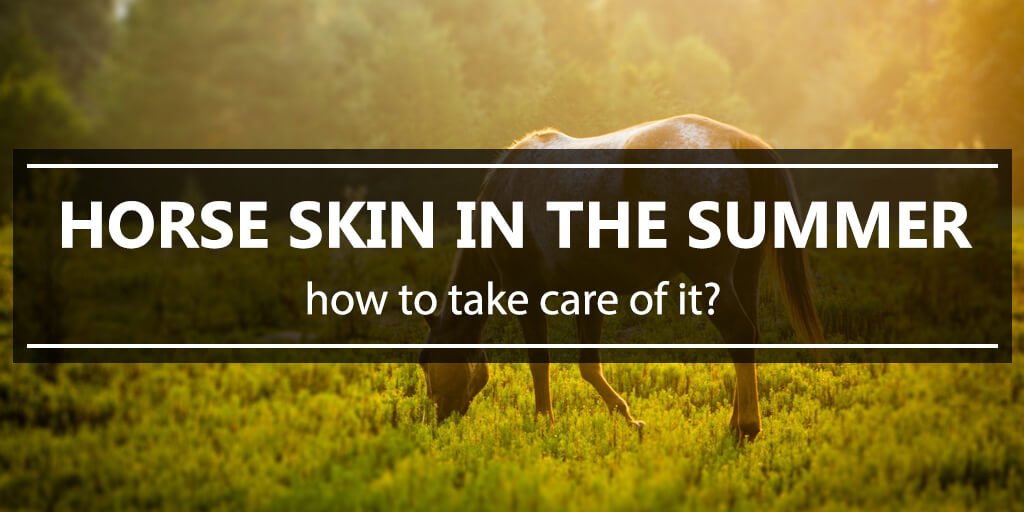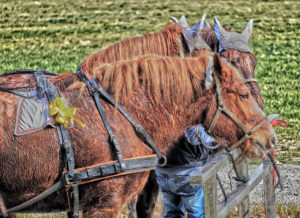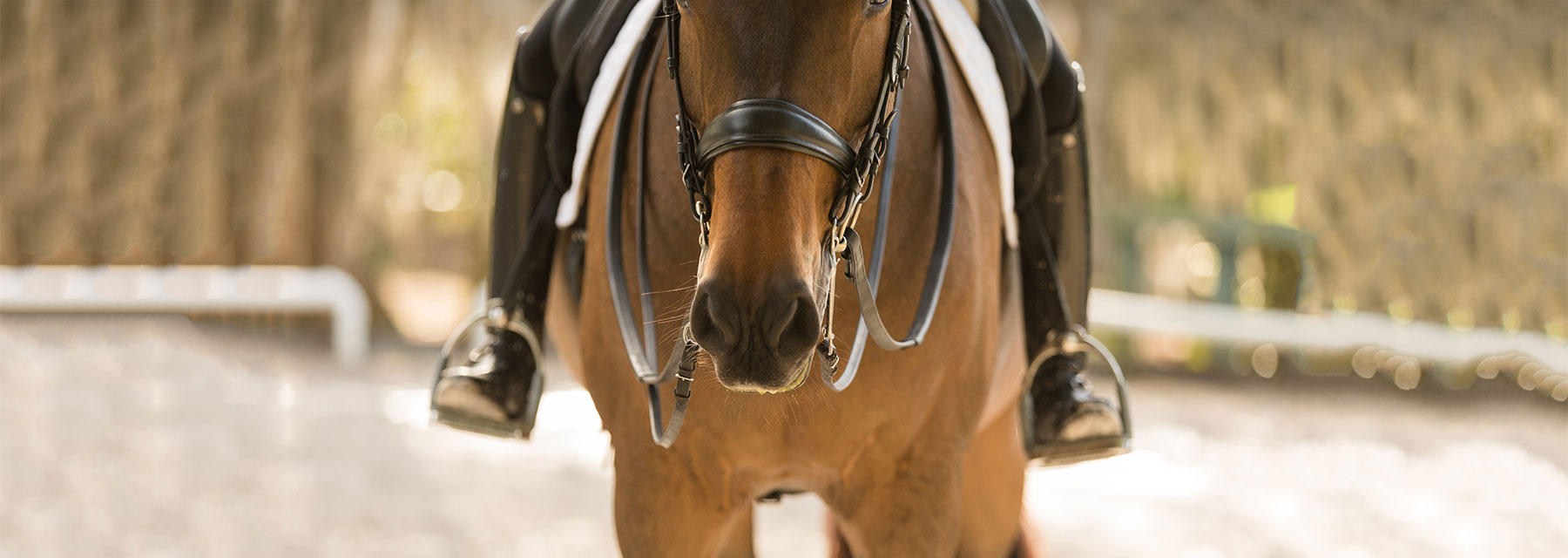Summer Care Tips for Horses

Caring for horses during the summer months requires special attention to ensure their health, comfort, and performance. This article provides detailed tips and best practices for horse owners to keep their equine friends safe and happy throughout the hot season.
Table of Contents

- Hydration and Water Management
- Nutrition Adjustments
- Fly and Insect Control
- Shelter and Shade
- Grooming and Skin Care
- Exercise and Workload Management
- Monitoring Health and Behavior
- Frequently Asked Questions (FAQ)
1. Hydration and Water Management
Proper hydration is crucial for horses in summer to prevent dehydration and heat stress. Horses can drink between 5 to 15 gallons of water daily depending on their size, workload, and weather conditions.
- Provide constant access to clean, fresh water.
- Use multiple water sources if possible to encourage drinking.
- Add electrolytes to water or feed during intense exercise or extreme heat to replenish lost minerals.
2. Nutrition Adjustments
Summer diets may need modification to meet the horse’s changing energy requirements.
- Increase forage intake with fresh pasture or quality hay.
- Supplement with grains or concentrates if the horse is in heavy work.
- Provide salt blocks or loose salt to encourage water intake.
3. Fly and Insect Control
Flies and other insects can cause irritation and transmit diseases.
- Use fly sprays and insect repellents regularly.
- Employ physical barriers like fly masks and sheets.
- Maintain clean stalls and paddocks to reduce breeding grounds.
4. Shelter and Shade
Horses need access to shade to avoid overheating.
- Provide natural shade from trees or install shade structures.
- Ensure shelters are well-ventilated to promote airflow.
5. Grooming and Skin Care
Regular grooming helps remove sweat, dirt, and insects.
- Use sweat scrapers after exercise to dry the coat.
- Check for signs of sunburn, especially on light-colored horses.
- Apply sunscreen to sensitive areas if necessary.
6. Exercise and Workload Management
Adjust exercise routines to cooler parts of the day.
- Avoid strenuous work during peak heat hours.
- Monitor horses for signs of heat exhaustion such as excessive sweating, rapid breathing, or lethargy.
7. Monitoring Health and Behavior
Keep a close eye on your horse’s condition.
- Watch for changes in appetite, behavior, or physical condition.
- Consult a veterinarian if you notice signs of illness or distress.
Frequently Asked Questions (FAQ)
Q1: How much water should a horse drink daily in summer?
A1: Typically, horses drink 5 to 15 gallons per day, but this can increase with heat and exercise.
Q2: What are the best ways to protect horses from flies?
A2: Use a combination of fly sprays, masks, sheets, and maintaining clean environments.
Q3: Can horses get sunburned?
A3: Yes, especially horses with light-colored coats or sensitive skin; sunscreen and shade help prevent this.
Q4: When should I reduce my horse’s workload during summer?
A4: Avoid exercising during the hottest parts of the day and watch for signs of heat stress.
By following these summer care tips, horse owners can ensure their animals remain healthy, comfortable, and happy throughout the warmer months. Proper hydration, nutrition, protection from insects, and attentive health monitoring are key to successful summer horse care.
